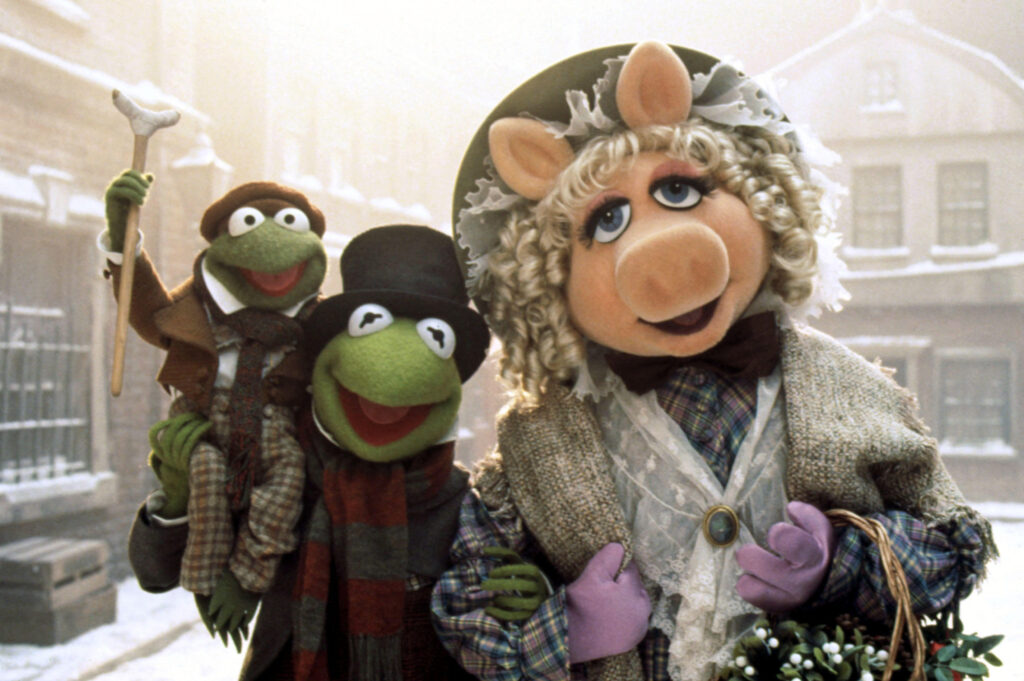Earlier this month the extraordinary case of a fake marketing agency was the feature of a BBC expose. https://www.bbc.co.uk/news/uk-60387324
Mad Bird was created entirely online, the people hired were not salaried, had never worked with each other nor even known the founder. It had a convincing website full of great case studies and a confident tone of voice. Yet none of the case studies belonged to the agency. An extreme case of ‘fake it til you make it’ and a timely reminder that when an agency ‘pitches’ to you they’re going to be putting on their best face. So how can you tell what’s fact and what’s fiction?
Working remotely, when you may not ever meet in person, and almost anyone can create a convincing digital presence, how can you tell the team has what it takes? Having lived in Agency Land for many years, we’ve seen the good, bad, and ugly of agency practices. Here are four questions to ask agencies at pitch phase to help eliminate ‘fake news.
Who worked on that project?
No one loves a neatly-packaged case study or slide of client logos more than an agency. Unfortunately, all too often the person who worked on that impressive project left the business years ago. Asking who worked on the engagement and hearing from them first-hand, ensures you’ll actually benefit from that experience.
What about our brief interests you?
Good consultants spend more time learning about the client than talking about themselves. You’ll be able to feel when the people you’re speaking to have taken the time to understand the intricacies of your business, the unique challenges you’re facing, and are keen to know more. Beware the agency who says they’ve seen it all before.
How do your clients describe you?
Client advocacy is one of the most powerful ways to assess an agency’s strength. If they can answer this question easily, you know they have strong client relationships. Better still, they offer to introduce you directly.
Why do you think we’d work well together?
Yes, the approach, methodology, costing, and project plan are all very important, but if the pitch doesn’t even touch on ways of working together, that can be a serious red flag. Cultural fit is a key way to assess not only if the project will be a success but whether you’ll enjoy it too.
Whilst the Mad Bird example was ‘agency hyperbole’ taken to the extreme, it’s a warning for all of us not to judge others purely by online presence alone. Asking the right questions at the start can save a lot of pain further down the line.




